1. Peppa Pig’s “Mister Skinnylegs” Fright
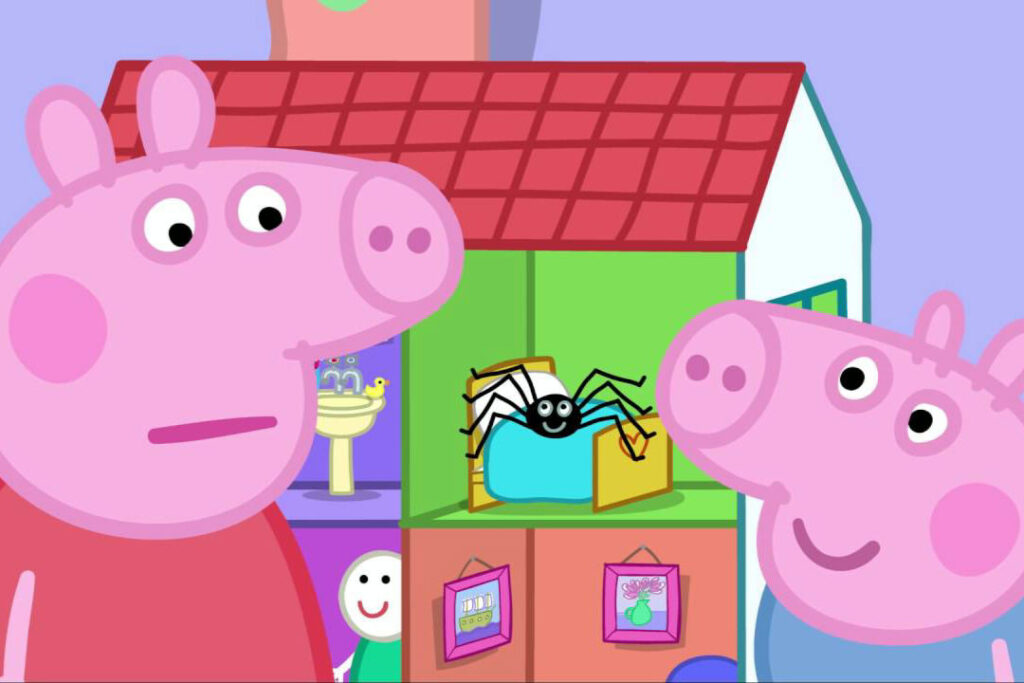
An episode of the globally popular preschool cartoon Peppa Pig titled “Mister Skinnylegs” was banned in Australia and New Zealand after it aired in 2012. In the episode, Peppa’s father assures her that spiders are small and harmless, even encouraging her to play with them. While a harmless message in some parts of the world, authorities in Australia, which is home to numerous venomous spiders, deemed the message “inappropriate” and a potential health risk to young children who might attempt to handle dangerous local spiders after watching the show.
2. Cow and Chicken’s Lesbian Biker Gang

The episode “Buffalo Gals” from the Cartoon Network series Cow and Chicken was banned after its debut in 1998 due to controversial innuendo. The segment introduced a biker gang called the “Buffalo Gals,” an all-female group who would break into houses and “chew the carpets.” The name and behavior of the gang were interpreted as suggestive, with the phrase “Buffalo Gals” being a play on words relating to a lesbian reference. Cartoon Network quickly pulled the episode from rotation, and it has not been officially re-aired or made available on home media releases, marking it as one of the most infamously censored episodes in the network’s history.
3. Ren & Stimpy’s Violence Upgrade
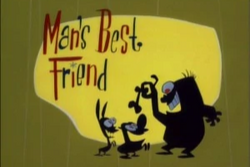
“Man’s Best Friend,” a 1992 episode from the popular and often edgy cartoon The Ren & Stimpy Show, was never aired on Nickelodeon. The segment featured an extreme scene where Ren brutally beats the human character, George Liquor, with an oar. Although the original series was known for its dark humor and sometimes vulgar slapstick, this particular scene was considered too graphically violent and vicious for the network’s standards, despite the creators’ wishes for it to be broadcast. The episode was shelved by Nickelodeon, and though it later aired as part of the uncensored Ren & Stimpy “Adult Party Cartoon” revival years later, it remains banned from the original series’ syndicated run.
4. Tom and Jerry’s Theatrical Suicides
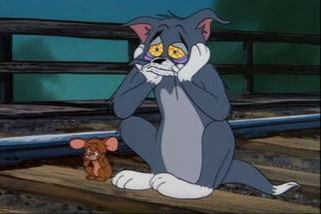
The 1956 Tom and Jerry short, “Blue Cat Blues,” was quietly removed from many broadcast packages in later decades due to its dark and sensitive theme. The short is framed as Tom and Jerry being so heartbroken over their respective failed relationships that they decide to sit on train tracks to wait for an oncoming train, implying a shared suicide attempt. While classic theatrical shorts often featured extreme violence, this overt depiction of suicide, though presented in a cartoony way, was deemed too distressing and unsuitable for modern children’s television audiences, leading to its effective banishment from standard airings.
5. Disney’s Racially Stereotyped Shorts

A collection of classic Disney shorts, including Mickey’s Man Friday and Three Little Pigs, have been pulled from general broadcast for decades due to containing racial stereotypes that are highly offensive by modern standards. These shorts, produced primarily between the 1930s and 1950s, feature caricatures of certain ethnic and racial groups. While Disney has released some of these on special collections with introductions providing historical context, the majority remain completely inaccessible on streaming platforms and are omitted from all TV broadcasts to avoid promoting outdated and harmful prejudices.
6. Tiny Toon Adventures’ Drinking Warning
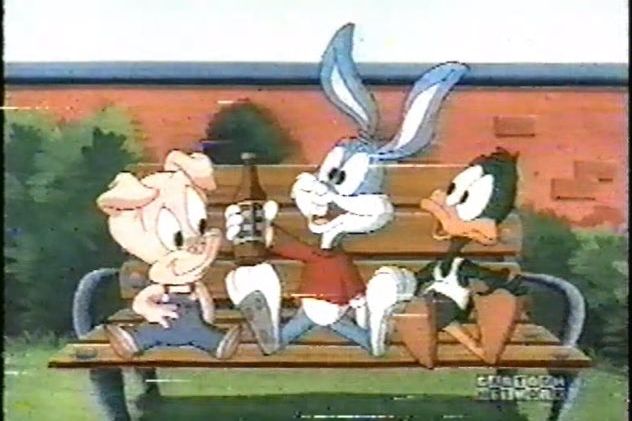
The 1991 Tiny Toon Adventures episode “One Beer” was banned from re-airing almost immediately after its debut due to its subject matter. The plot follows Buster Bunny, Plucky Duck, and Hampton J. Pig experimenting with drinking a single bottle of beer, which leads to them engaging in irresponsible, high-risk behavior like joyriding in a police car and subsequent near-fatal injuries. Warner Bros. executives, fearing the episode promoted or glamorized underage drinking and reckless behavior, quickly decided to pull it from rotation, judging the cautionary message as being overshadowed by the dangerous content.
7. The Simpsons’ New Orleans Controversy
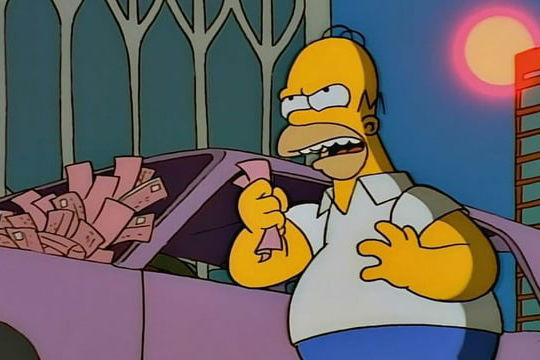
“The City of New York vs. Homer Simpson,” a 1997 episode of The Simpsons, was pulled from broadcast for several years following the September 11, 2001, terrorist attacks. The episode’s central plot involves Homer traveling to New York City to retrieve his car, which is illegally parked at the World Trade Center site. Following the tragedy, the jokes and visual gags involving the towers were considered deeply inappropriate and insensitive by the network. While the episode has since returned to syndication and streaming, it was largely removed from rotation for a long period out of respect for the victims and the sensitivity of the events.
8. Pokémon’s Seizure-Inducing Flashes
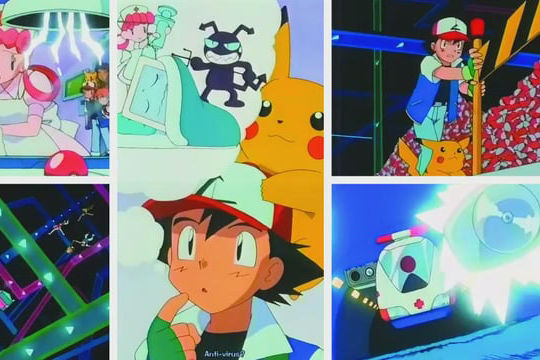
Dennō Senshi Porygon, the 38th episode of the original Pokémon anime, was pulled from rotation worldwide after its Japanese airing on December 16, 1997, caused a severe public health incident. The episode featured a sequence of rapidly flashing red and blue lights intended to simulate a cyberspace explosion. However, the intensity and frequency of these lights triggered photosensitive epileptic seizures and other symptoms in hundreds of viewers, predominantly children, leading to hospitalizations. The incident was a major news story, prompting a four-month hiatus for the anime, and resulting in the permanent removal of this specific episode from all future broadcasts, effectively banning the title Pokémon, Porygon, and its evolutions from having major animated appearances thereafter.
9. South Park’s Prophet Censorship
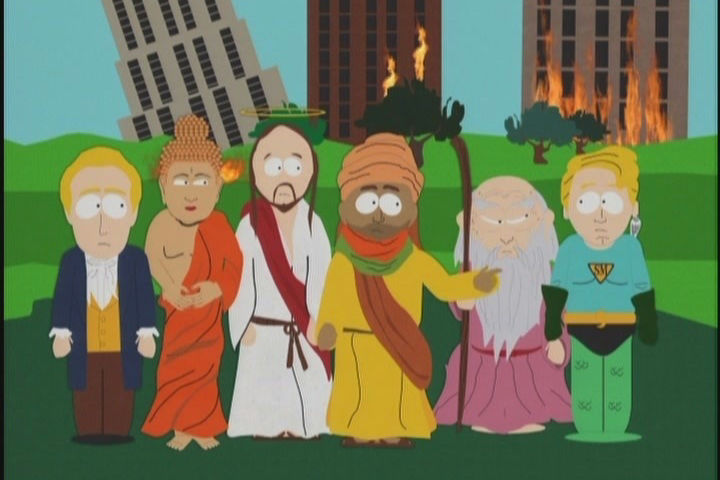
The South Park episodes “200” and “201,” which aired in 2010, are considered two of the most controversial in the show’s history and were entirely pulled from Comedy Central’s official streaming and rerun rotation. The episodes featured depictions of the Prophet Muhammad, a sensitive subject that had previously sparked threats against the show’s creators following an earlier episode. Due to credible security concerns and fears of violence, the network heavily censored the episode with large black blocks and a sound effect over any reference to the prophet, and subsequently pulled both episodes, making them incredibly difficult to view legally in the US.
10. Looney Tunes’ “Censored Eleven”
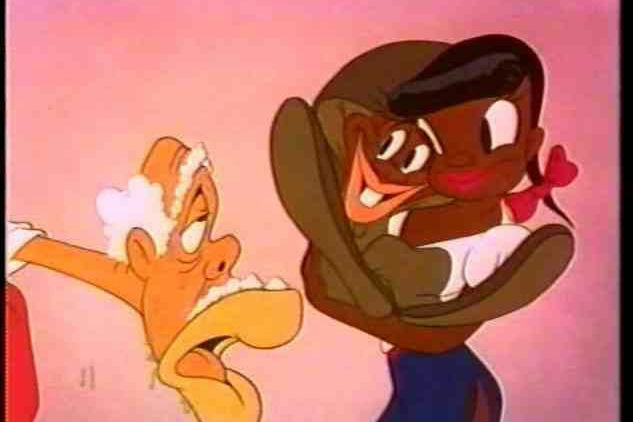
The “Censored Eleven” is a group of eleven animated Merrie Melodies and Looney Tunes shorts that were withdrawn from distribution by United Artists in 1968 and later by Turner Broadcasting. These cartoons, produced between 1931 and 1944, are officially banned from television and home video release because they prominently feature graphic and offensive racist stereotypes of African Americans that were common at the time of their production. Despite their cultural and historical significance, the offensive content was deemed too inappropriate for general consumption, resulting in their complete withdrawal from the public eye.
This journey through canceled cartoons shows how pop culture constantly shifts in response to evolving social, political, and even medical understandings. These episodes, though often forgotten, offer a unique window into television history and the power of public reaction.
Like this story? Add your thoughts in the comments, thank you.
This story 10 Cartoons That Were Pulled from TV was first published on Daily FETCH


